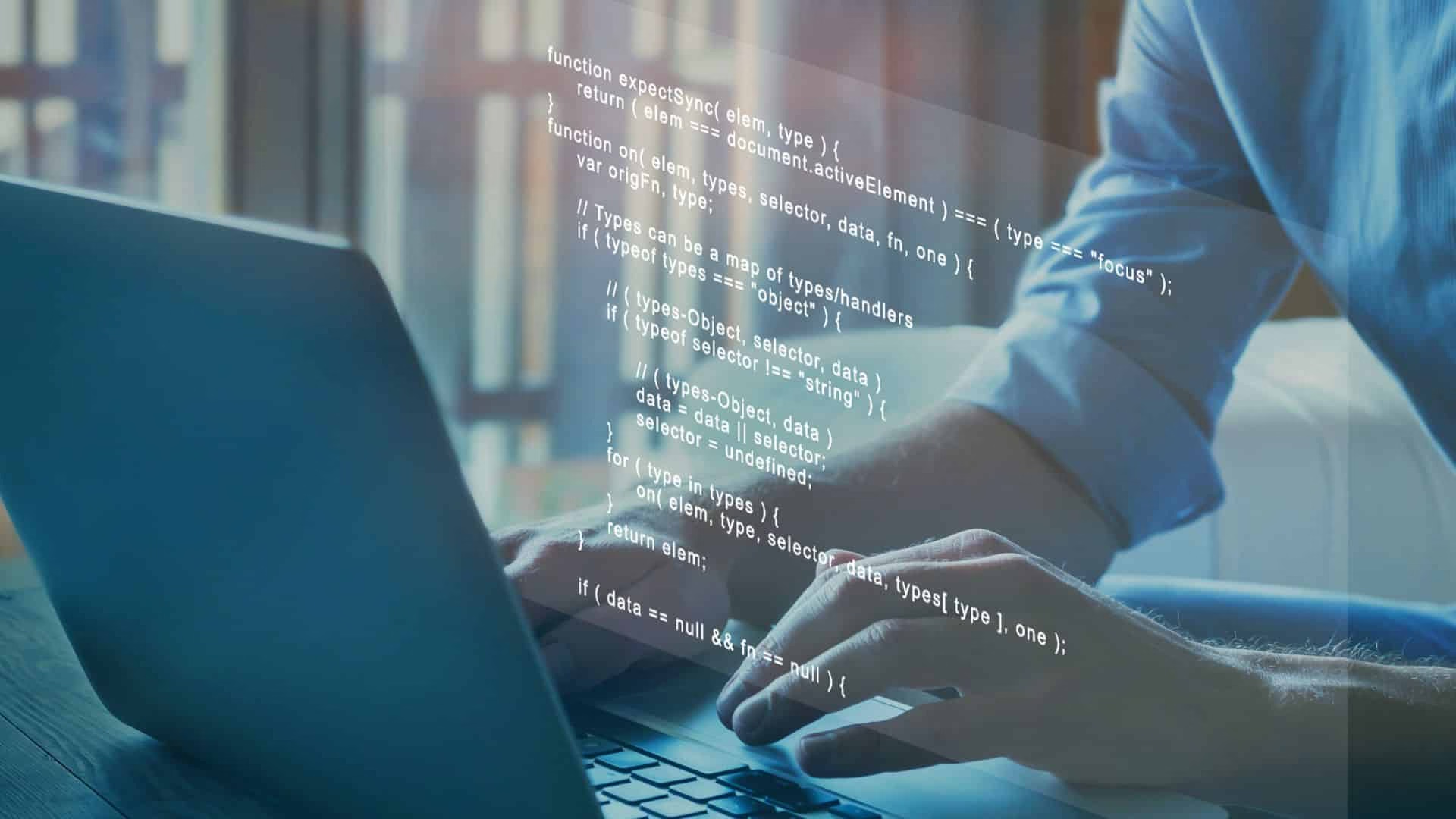
Modernize Legacy Code with AI
Faster, Smarter, and More Sustainable In the world of software development, outdated code can be a barrier to innovation and growth. Legacy code is often built from decades of patches, workarounds, and updates that, while once functional, are now difficult to maintain.
The Challenges of Legacy Code
Legacy code, written in outdated languages or with outdated structures, presents several challenges:
- Maintainability: Older systems are often poorly documented, and it takes significant time and effort to figure out how everything works.
- Technical Debt: Outdated code is often not designed for scalability and modern requirements such as cloud, mobile, or microservices.
- Risk of Failure: With every update or change, the risk of system failure increases, simply because no one fully understands how it was originally built.
How AI Accelerates Legacy Code Transformation
- Code Analysis and Insight AI can scan and analyze large volumes of code in a short time, quickly providing insights into its structure and dependencies. This not only saves development teams hours of work but also quickly surfaces code patterns that are typically invisible. AI tools can generate automatic reports, helping development teams identify technical debt and potential issues.
- Automatic Documentation One of the biggest obstacles in modernizing legacy code is the lack of documentation. AI can automatically generate understandable and consistent documentation by analyzing code and describing functions, parameters, and dependencies. This gives developers immediate insight into what specific pieces of code do, without them having to sift through the entire codebase.
- Refactoring and Optimization AI can help clean up legacy code by automatically identifying and refactoring patterns and inefficient structures. This means AI can rewrite repetitive, redundant code, remove unnecessary dependencies, and replace outdated syntax. This results in a neater, cleaner codebase that is less prone to errors and easier to maintain.
- Automatic Language Conversion For many companies, migrating to more modern programming languages is a desirable but complex undertaking. AI-driven tools can translate outdated code into modern languages such as Python, JavaScript, or Rust, while also replacing APIs and libraries with contemporary alternatives. This allows organizations to continue working with their current codebase while transitioning to a newer, more flexible programming language that offers better support for modern technologies.
The Benefits of AI for Code Modernization
- Faster Time-to-Market: By automating repetitive tasks, AI ensures that code can be cleaned up and modernized more quickly, leading to shorter development cycles.
- Lower Maintenance Costs: A clean, well-documented codebase reduces maintenance costs, as new developers can quickly understand how the system works.
- Improved Scalability: By converting legacy code to modern languages and structures, the system becomes more flexible and scalable, ready for growth and change.
- Increased Reliability: Legacy code that has been cleaned up and optimized by AI is less prone to errors, meaning companies experience fewer unforeseen failures or crashes.
From Legacy to Future
Modernizing legacy code with AI not only gives companies the opportunity to leverage new technologies but also to minimize risks and save costs. With AI, it’s possible to gradually transform a legacy codebase into a modern, future-proof infrastructure without losing underlying functionality.
In a world where technology is rapidly evolving, AI enables companies to build a valuable competitive edge by renewing outdated code and positioning themselves as innovative players in their field. Modernizing legacy code is now not only feasible but also cost- and time-efficient.
Need help coaching and implementing AI to modernize legacy code? Fill out the contact form, and I’ll be happy to explain more. On average, a modernization project with AI is 5 times faster than without AI. This also far surpasses no-code platforms.
Relevant Links and More Information
- “Generative AI for Legacy Code Modernization: Guide” – This article discusses how generative AI can translate, improve, and create legacy code, with benefits such as 55% faster task completion and reduced errors. Laminar
- “Integrating AI for Legacy Code Analysis and Documentation Generation” – This article covers how AI can assist in analyzing and documenting legacy code, enabling developers to work more efficiently. Peerdh
- “Tackling Legacy Code: Best Practices & AI” – This article discusses the role of AI in managing and modernizing legacy code, emphasizing the capabilities of generative AI. Smals Research
- “AI in Legacy Application Modernization: Opportunities and Best Practices” – This article explores how AI can contribute to the modernization of legacy applications, focusing on improved analytics and AI integration. Zero One Consulting